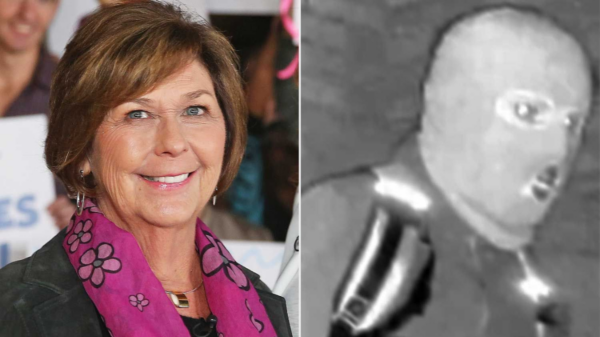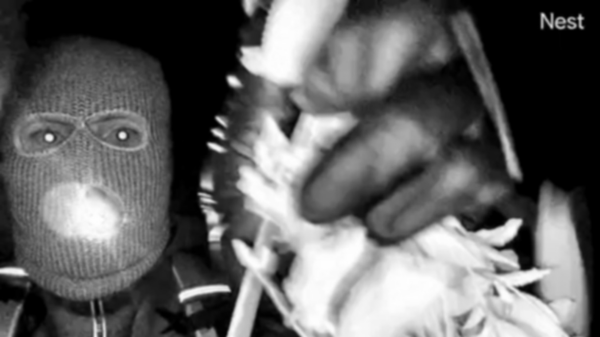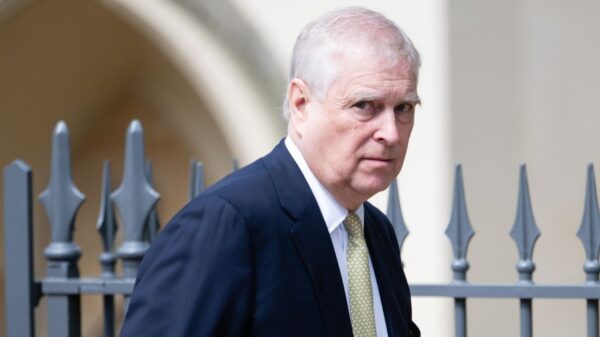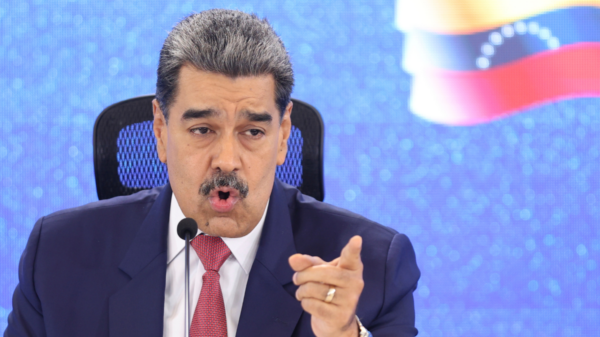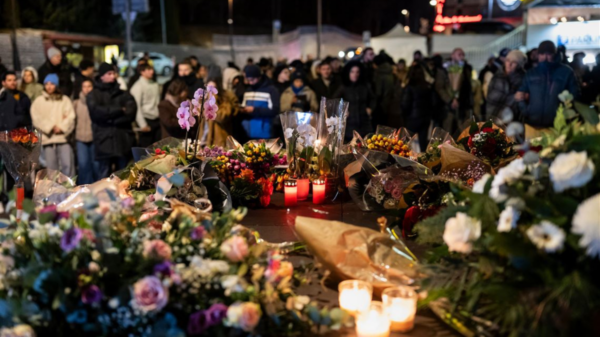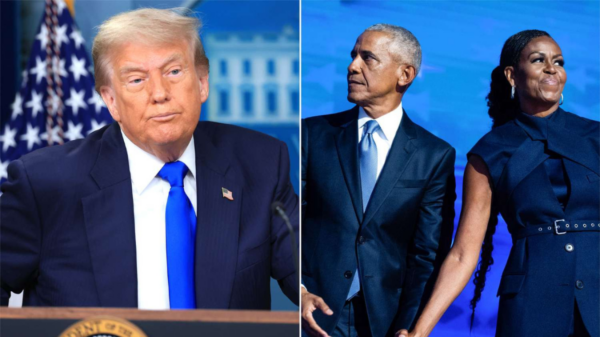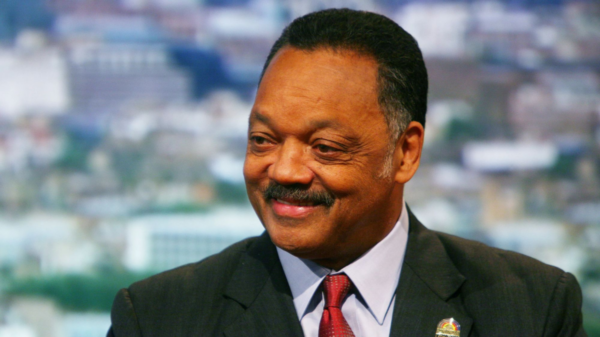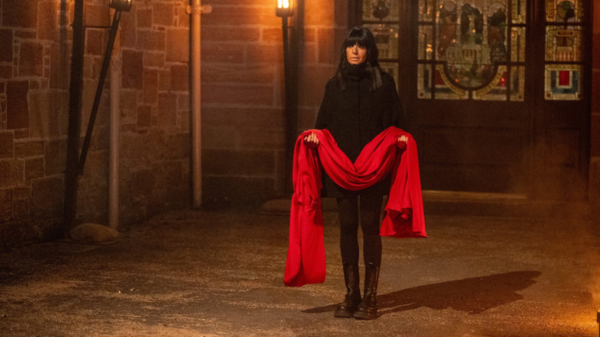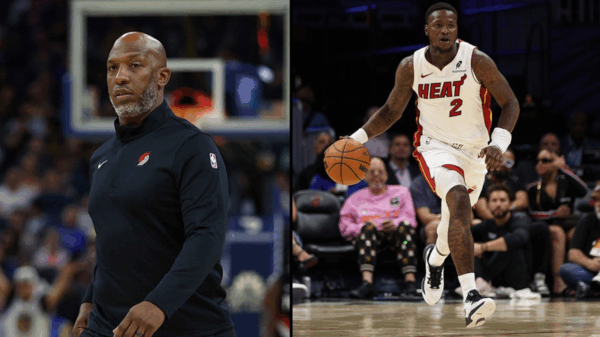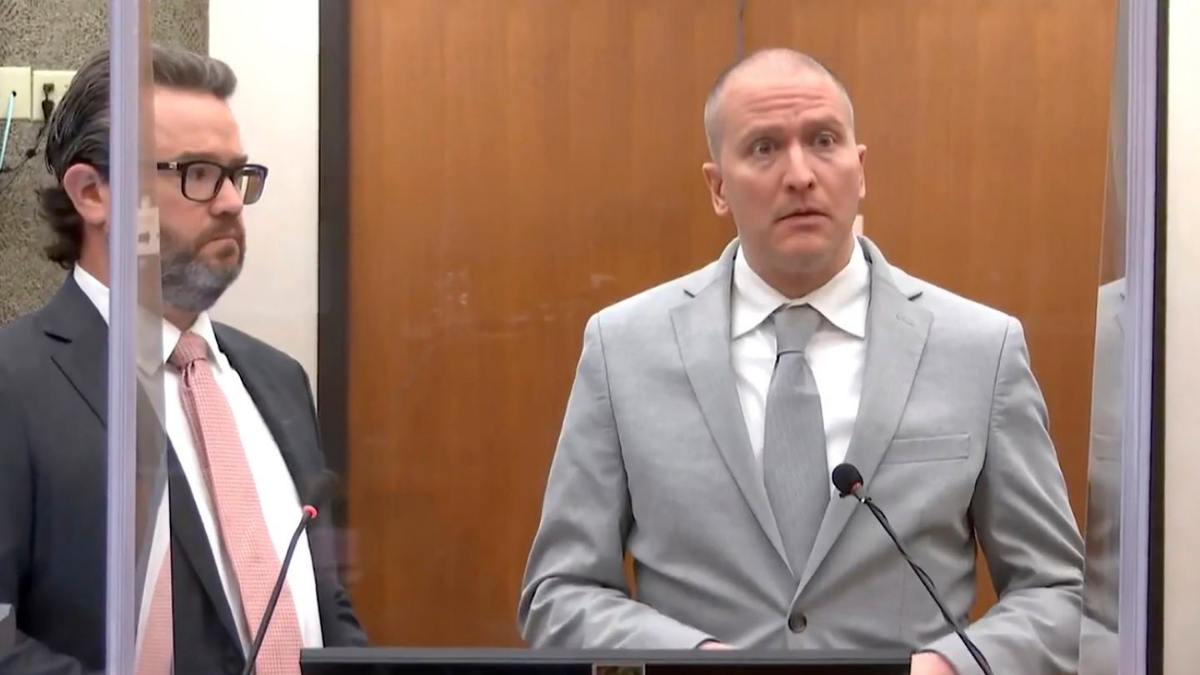MINNEAPOLIS — Former Minneapolis police officer Derek Chauvin, convicted of murder in the death of George Floyd, was sentenced Friday to 22 and a half years in prison, putting an end to a case that rocked the world.
Judge Peter Cahill told Chauvin the sentence was not based on public opinion, “emotion or sympathy.”
“This is based on your abuse of a position of trust and authority and also the particular cruelty shown to George Floyd,” he told Chauvin.
Prosecutors had asked the judge that Chauvin receive 30 years in prison but his lawyer was asking for probation.
Chauvin was convicted in April of second and third degree murder along with second-degree manslaughter. The sentencing began with members of the Floyd family giving statements: his daughter, Gianna Floyd; his brothers Terrence and Philonise Floyd; and his nephew Brandon Williams.
Philonise Floyd said he wanted justice to be served.
“George’s life mattered,” he said. “I am asking that you please find it suitable to give Officer Chauvin the maximum sentence possible. My family and I have been given a life sentence.”
Chauvin’s mother, Carolyn Pawlenty, spoke during the sentencing phase as well and called her son “a good man”.
“Derek is a quiet, thoughtful, honorable and selfless man,” she said. “Even though I have not spoken publicly, I have always supported him 100 percent and always will.”
Then just before the sentence was handed down, Chauvin spoke directly to the Floyd family.
“At this time due to some additional legal matters at hand, I’m not able to give a full, formal statement,” Chauvin said. “I do want to give my condolences to the Floyd family. There’s going to be some other information in the future that would be of interest and I hope things will give you some, some peace of mind.”
Under Minnesota law, Chauvin could only be sentenced on the most serious charge: unintentional second-degree murder, which has the maximum sentence of 40 years in prison.
After the sentence was handed down by the judge, Minnesota Attorney General Keith Ellison gave brief remarks and welcomed the decision.
“Like the conviction of Derek Chauvin two months ago, today’s sentencing is not justice, but it is another moment of real accountability on the road to justice,” Ellison said.
“My hope for Derek Chauvin is that he uses his long sentence to reflect on his choices and his life. My hope is that he will be able to find it within himself to acknowledge the impact of his choices on George Floyd, his family, his fellow police officers, and the world,” Ellison added. “My hope is that he takes the time to learn about the man whose life he took and about the movement that rose up to call for justice in the wake of George Floyd’s death.”


